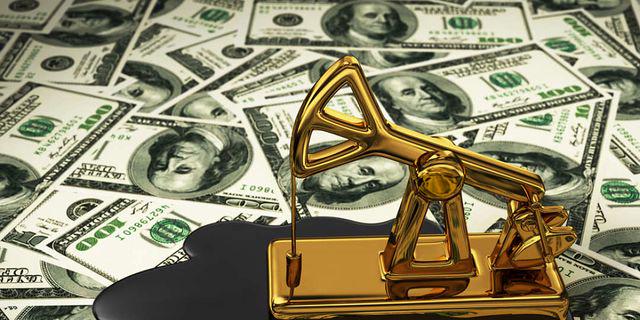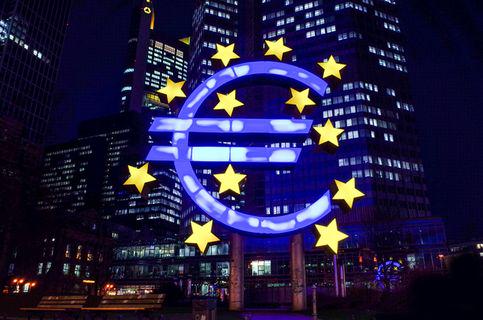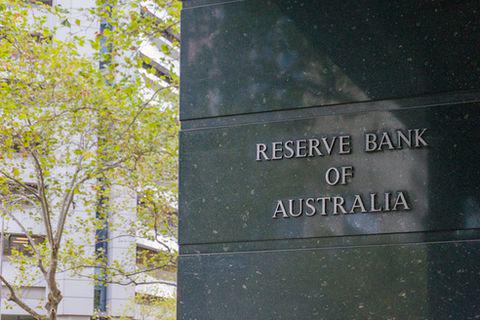
The G20 summit took place in Bali, Indonesia, on November 2022…

Don’t waste your time – keep track of how NFP affects the US dollar!
Data Collection Notice
We maintain a record of your data to run this website. By clicking the button, you agree to our Privacy Policy.

Beginner Forex Book
Your ultimate guide through the world of trading.
Check Your Inbox!
In our email, you will find the Forex 101 book. Just tap the button to get it!
Risk warning: ᏟᖴᎠs are complex instruments and come with a high risk of losing money rapidly due to leverage.
68.53% of retail investor accounts lose money when trading ᏟᖴᎠs with this provider.
You should consider whether you understand how ᏟᖴᎠs work and whether you can afford to take the high risk of losing your money.
Information is not investment advice
Have you heard about the recession 2020? And what about stabilization 2020? If you haven’t, read the FBS article “Global crisis. What about global stabilization?”. It represents the thoughts of bank analysts. However, not only analysts can make predictions.
Would you like to get the opinion of US millionaires? CNBC host the regular Millionaire Survey* and found out what risks they expect. Read the article to get the full outlook on the US economy and stock market.
Being a center of financial operations, the US economy stays one of the major barometers of the global economic environment while the S&P500 presents the overall sentiment of the stock market.
The year-end has not solved many important political and economic issues. In December, the big amount of the news regarding the US-Sino trade truce could bring hope for the soon trade deal. Nevertheless, the deal has not been signed and the situation may become worse at any time. At the same time, the Federal Reserve monetary policy together with the signs of the economic recession pull the sentiment down. US presidential election makes the situation more uncertain.
All the pitfalls for the economic stabilization mentioned above reflected in the market sentiment. Although the market outlook of wealthy individuals stays optimistic, there are some changes since the Spring Survey. According to the survey, the percentage of those who believe in the weakness of the US economy rose by 14% to 39%. 38% declare the economy will be stable, while 27% see a prospect for economic strengthening.
According to Doug Boneparth, president of wealth management firm Bone Fide Wealth, the rising uncertainties may lead to the volatility strike. At the same time, the volatility doesn’t predict how the market ends 2020.
The weakness of the US economy doesn't mean the crisis. Thus, traders should follow the news with FBS to be up to date and catch the market mood.
2019 was a year of stock records. The Dow Jones Industrial Average is higher by 22%, the S&P500 by 29%, and the Nasdaq Composite by 35% for the year. However, the overoptimistic mood may end soon.
BTIG chief equity and derivatives strategist Julian Emanuel declared: “In any great bull market, whether you think of technology in 2000 or houses over the course of the last couple of decades, it always ends or at least gets closer to the end when the public gets enthusiastic. We think this is the year.”
Mitch Goldberg, president of investment advisory firm Melville, has an opinion that the fear-of-missing-out market will be in place until the near end of March, at which point the stock market’s strength will come down to earnings and revenue supporting the market’s high valuation.
At the same time, he mentions risks regarding the Fed monetary policy. According to his forecast, the bond vigilantes will cause havoc in the bond market, which will spread into the stock market and the broader economy if the CPI reaches 3% and the Federal Reserve denies to raise rates.
The forecast for the S&P 500 in 2020 declined as well. Comparing to the Spring Survey, the number of those who believe in the S&P500 gain of at least 5% declined to 54% from 65%. 19% of respondents think the S&P will be up by 15% or more, while 20% believe in the flat market.
Nevertheless, stocks are likely to rise but not that high. So, the rise may be used for additional purchases.
As the presidential election is one of the major factors creating uncertainties in the market, it’s worth talking about it. The survey showed a 40%-vote for government dysfunction as the biggest risk to the economy in 2020.
Surprising or not, Mr. Trump is the favorite candidate of America’s wealthy individuals. His support has been strengthening. According to the survey, the percentage of support rose by 4% to 36% comparing to the May results. However, the current president is supposed to lose to Democratic candidate Joe Biden in a head-to-head matchup.
George Walper, president of Spectrem Group: “The race is so fluid right now. The only constant is Trump.”
Making a conclusion, we can that the overall sentiment of US millionaires is optimistic. There are risks of the markets' decline. However, it is not supposed to lead to a crisis. The situation may become more unpredictable ahead of the November 2020 election, while wealthy individuals will become more skeptical about the economy. Traders should follow market sentiment. The rise of stocks is expected, while the US economy may decline but not dramatically. Use this to do wise trades.
*The CNBC Millionaire survey represents the point of view of more than 700 people with investible assets of $1 million or more. The respondents relate to either Republicans (301), Democrats (200), or Independents (247). All of them the financial decision-makers or share jointly in financial decision-making within the household. The survey is host 2 times per year, in the spring and autumn. As for a margin of error, it equals 3,5%.

The G20 summit took place in Bali, Indonesia, on November 2022…

The deafening news shocked the whole world yesterday: the British Queen Elizabeth II died peacefully at the age of 96…

After months of pressure from the White House, Saudi Arabia relented and agreed with other OPEC+ members to increase production.

eurusd-is-falling-what-to-expect-from-the-future-price-movement

Greetings, fellow forex traders! Exciting news for those with an eye on the Australian market - the upcoming interest rate decision could be good news for Aussies looking to refinance or take out new loans. The Mortgage and Finance Association Australia CEO, Anja Pannek, has...

Hold onto your hats, folks! The Japanese yen took a nosedive after the Bank of Japan (BOJ) left its ultra-loose policy settings unchanged, including its closely watched yield curve control (YCC) policy. But wait, there's more! The BOJ also removed its forward guidance, which had previously pledged to keep interest rates at current or lower levels. So, what's the scoop? Market expectations had been subdued going into the meeting, but some were still hoping for tweaks to the forward guidance to prepare for an eventual exit from the bank's massive stimulus
Your request is accepted.
We will call you at the time interval that you chose
Next callback request for this phone number will be available in 00:30:00
If you have an urgent issue please contact us via
Live chat
Internal error. Please try again later